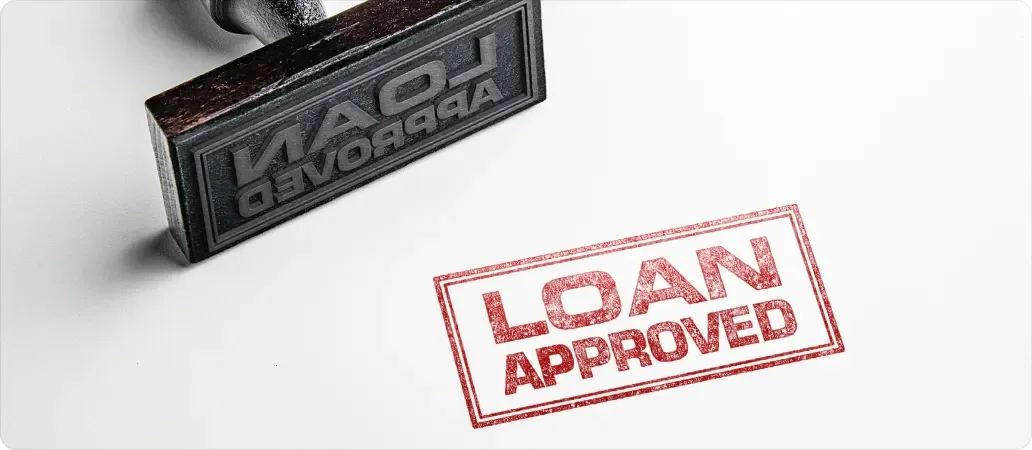In today's competitive business landscape, Micro, Small, and Medium Enterprises (MSMEs) play a crucial role in driving economic growth and generating employment opportunities. These enterprises often require financial assistance in the form of loans to expand their operations, invest in infrastructure, and meet working capital needs. However, before sanctioning a loan, banks and financial institutions assess the creditworthiness of MSMEs, and one of the key factors they consider is the credit score.
What is Credit Score?
A credit score is a numerical representation of an individual or business's creditworthiness and plays a crucial part in MSME loan eligibility. It is a three-digit number that summarizes an individual or business's credit history based on various factors such as repayment track record, credit utilization, loan defaults, and credit inquiries. In India, credit scores for businesses are provided by credit rating agencies such as CRISIL, ICRA, and CARE, whereas individual credit scores are provided by credit bureaus such as CIBIL, Experian, Equifax, and Highmark.
The Importance of Credit Scores for MSME Loans
For banks and financial institutions, the credit score serves as a critical parameter to assess eligibility for MSME Loans. It provides a quick snapshot of the borrower's creditworthiness and the likelihood of timely repayment. A higher credit score indicates a lower credit risk, making the borrower more attractive to lenders. A lower credit score, on the other hand, may lead to loan rejections or higher interest rates, as it implies a higher risk of default.
Factors Affecting Credit Scores
Several factors influence the credit score of an MSME. It is essential for business owners to understand these factors and MSME loan eligibility criteria to maintain a healthy credit profile. Some of the key factors include:
1. Repayment History
Timely repayment of loans and credit card bills is crucial for maintaining a good credit score. Delayed payments or defaults can significantly impact the credit score and create a negative impression on potential lenders.
2. Credit Utilization Ratio
This ratio represents the proportion of available credit that is being utilized. Higher utilization ratios can negatively affect the credit score, as it indicates a heavy reliance on credit and potential financial stress.
3. Credit Mix
A diverse credit portfolio, including a mix of secured and unsecured loans, can have a positive impact on the credit score. It demonstrates responsible credit management and the ability to handle different types of debt.
4. Length of Credit History
A longer credit history provides more data points for evaluation and establishes a track record. It is advisable for MSMEs to maintain a credit history and avoid closing old credit accounts, as it can affect the credit score.
5. Credit Inquiries
Frequent credit inquiries or applications for new loans can raise concerns among lenders. Multiple credit inquiries within a short period can indicate a potential financial strain and may negatively impact the credit score.
Improving Credit Scores for MSME Loans
MSMEs seeking loans can take proactive measures to improve their credit scores and enhance their loan eligibility. Some of the strategies include:
Timely Payments: Ensuring prompt repayment of existing loans, credit card bills, and other debts is essential to maintain a healthy credit score.
Reduced Credit Utilization: Keeping credit utilization below 30% of the available credit limit is advisable. Regularly monitoring credit card balances and paying off debts can help in achieving this goal.
Avoiding Multiple Credit Applications: MSMEs should be cautious about applying for multiple loans simultaneously. Instead, they should focus on understanding their loan requirements, evaluating lenders, and applying to select institutions that align with their needs.
Regular Credit Monitoring: MSMEs should periodically check their credit reports and scores from credit bureaus. Identifying and rectifying any errors or discrepancies promptly is crucial.
Building a Credit History: For newer MSMEs or those with limited credit history, it is beneficial to establish a credit profile by availing small loans or credit facilities and ensuring timely repayments.
A strong credit score is vital for MSMEs seeking loans to fund their growth and expansion plans. It reflects the creditworthiness of the borrower and significantly impacts loan eligibility and interest rates. By understanding the factors that influence credit scores and adopting responsible credit management practices, MSMEs can enhance their credit profiles, increase their chances of loan approvals, and secure more favourable lending terms. As MSMEs continue to be the backbone of India's economy, maintaining a healthy credit score becomes a crucial aspect of their financial success and sustainability.



